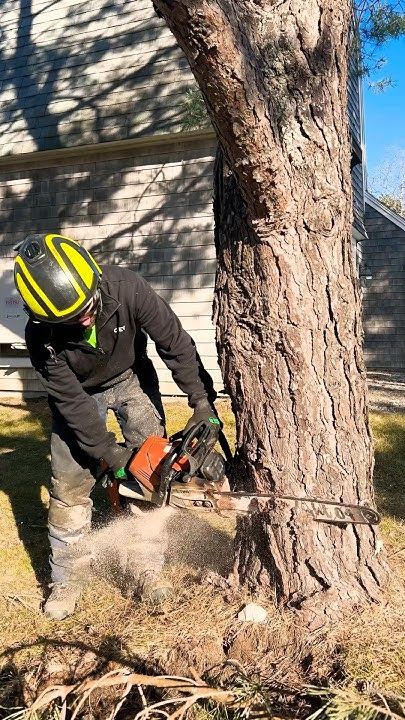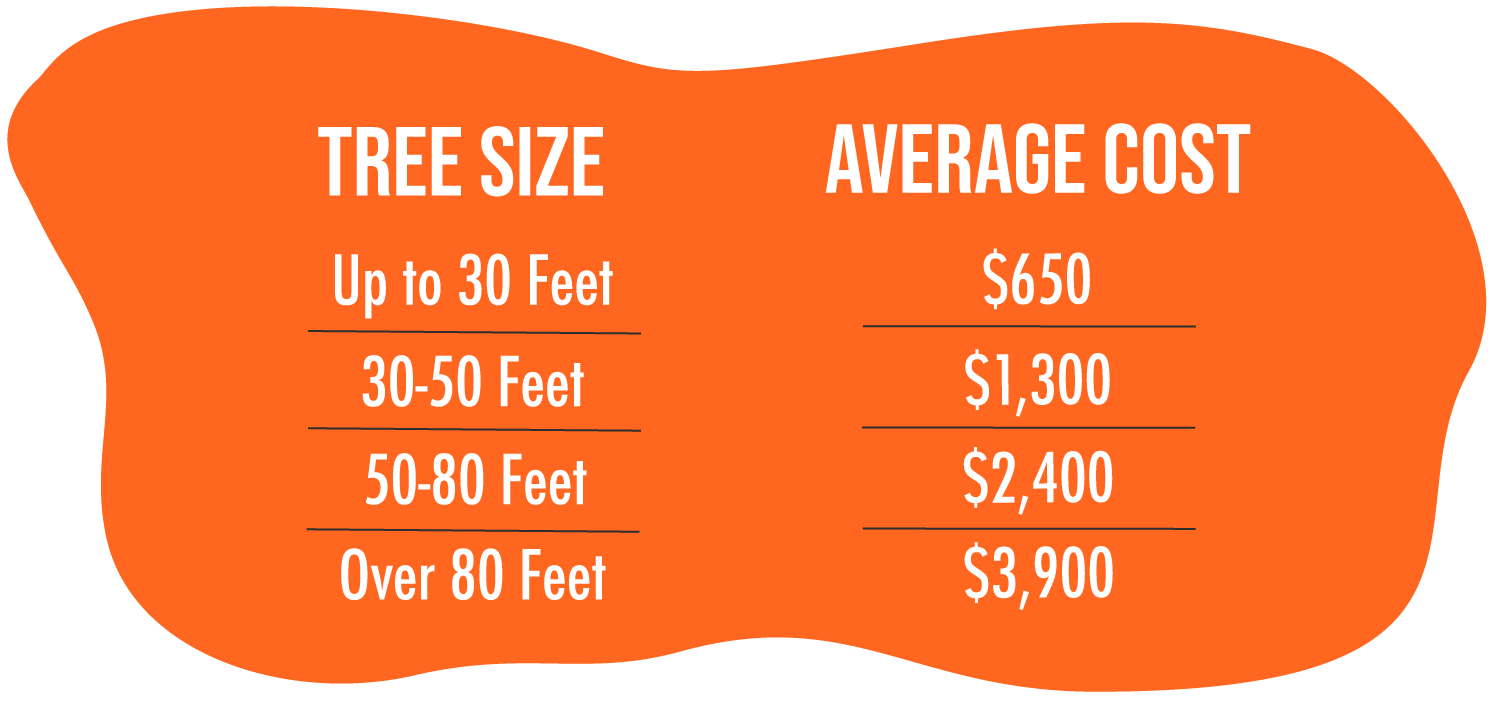Featured
Table of Contents
- – Algonquin, IL Stump Removal Quote Charges
- – Reviewing Algonquin, IL Tree Trimming: Prices
- – Budget Tree Service In Algonquin, IL
- – Algonquin, IL Tree Clearing: Cost Variables
- – Total Tree Service Costs In Algonquin, IL: No...
- – Algonquin, IL Tree Clearing Cost Breakdown 2025
- – What You Need To Know About Stump Removal Pri...
- – Algonquin, IL Tree Cutting Inspection Costs
- – How Much Will An Arborist Cost Me In Algonqu...
- – Request Stump Grinding Price Quotes In Algon...
- – Algonquin, IL Arborist Cost Overview 2025
- – Lowest Tree Cutting Prices In Algonquin, IL
- – Refurbished Tree Removal Prices In Algonquin...
- – Algonquin, IL Tree Removal Installation Cost...
- – Algonquin, IL Arborist: Lifetime Investment

The subsections listed below provide more in-depth information about pricing, including an average range for each. TypeAverage Elimination CostPineConiferPalmMagnoliaArborvitaeAshCedarSweet GumEucalyptusSycamoreCypressOakMaplePoplar You can expect to pay between to eliminate a pine, depending upon its size. Getting rid of a pine is among the more inexpensive tasks unless it is one that has actually been around for years and is quite large.
Algonquin, IL Stump Removal Quote Charges
Pines also have a tap root that grows deep into the soil, which can show to be more challenging to get rid of. The process itself involves an expert cutting the tree, clearing the base, cutting the surface roots, removing the stump, and lastly dealing with the soil. Without an expert hand, you run the risk of leaving pine seedlings behind, which will fall from the roots of distressed pines.
Reviewing Algonquin, IL Tree Trimming: Prices
The U.S. national average for conifer removal is roughly to have the conifer cut down, hauled away, and the stump ground or removed completely. Conifers are typically easier to remove, and even though they can grow rather tall, they do not cost a fortune to eliminate. Conifers include pine, spruce, fir, and juniper trees.
Budget Tree Service In Algonquin, IL
While conifers are gorgeous, they eliminate native plants and certain types of grass (tree trimming). The typical rate of palm elimination depends on the height as much as the type, varying from.
Algonquin, IL Tree Clearing: Cost Variables
That is why it is essential to know which type you are removing. While you do not need an herbicide to eliminate a palm tree, there are some actions your removal expert will have to require to ensure the task is done properly. There are 2 ways they can eliminate them: by chopping them down or digging them up.
Total Tree Service Costs In Algonquin, IL: No Hidden Fees
This is since little animals like rats and scorpions frequently reside in them. Plus, lots of types will have spikes, too. From there, they eliminate the real tree and after that the stump. Anticipate to pay between to eliminate this kind of tree, depending on the precise size and details of the task.
Algonquin, IL Tree Clearing Cost Breakdown 2025
There are three types: green, white, and black ash. White ash is known for its lots of colors. With its gray-tinged bark, its leaves are green or purple in the spring and golden yellow or purplish-red in the fall. They enjoy moderate environments and lots of sun. The green ash is named such due to its green or yellow foliage.
What You Need To Know About Stump Removal Prices In Algonquin, IL

Due to the variation in height, the elimination rate difference is broad from. A coniferous, evergreen tree, the cedar is a durable species.
Algonquin, IL Tree Cutting Inspection Costs
The development of incorrect cedars differs from 50 feet up to 230 feet high. With star-shaped leaves and sensational fall colors, the sweet gum is thought about a medium to big tree.
How Much Will An Arborist Cost Me In Algonquin, IL?
It has a huge root base of 40 to 50 feet, which impacts the removal expense. Normally, it costs in between to eliminate a eucalyptus. Eucalyptus are not common everywhere, but they are quite big compared to others, which is why even the smaller ones are so costly to remove. Originally from Australia, eucalyptus are intrusive plants that grow in thick groves that secure native plants.
Request Stump Grinding Price Quotes In Algonquin, IL
There are a handful of ways to do this, including burning, pulling, grinding, or eliminating them with herbicide. Expect to pay between to remove sycamores, based upon the height, trunk size, and quantity of work included. Sycamores are one of the biggest hardwood trees, generally ranging from 60 to 100 feet tall and as wide as 15 feet.
Algonquin, IL Arborist Cost Overview 2025
The very first two actions will expose the within the tree and cut off the circulation of nutrients up the trunk. From there, an expert applies herbicide to eliminate the tree and lower the trunk. Then, they will eliminate the stump. Otherwise, brand-new sprouts may grow from it. Lowering and removing a mature cypress might cost as much as.
Lowest Tree Cutting Prices In Algonquin, IL
There are numerous various kinds of Cypress trees, but the most prevalent are the Leyland, Arizona, Bald, and Italian. The Bald Cypress grows in swampy or very moist areas while the others enjoy a dry, warm, or hot environment (stump removal). They can grow as tall as 80 to 100 feet tall
Refurbished Tree Removal Prices In Algonquin, IL

Prone to illness, the Cypress is among the most treasured woods for furniture. The average oak grows to around 60 feet, and depending on the intricacy of the elimination, it costs an average of to remove. The exact size of your oak and the effort required to fell it affect what you will actually pay for removal along with any additional services like stump grinding.
Algonquin, IL Tree Removal Installation Cost Guide
Access to the trees and the roots will likewise affect the general expense. Maples are generally amongst the more expensive trees to get rid of because of their size and the work included in the removal.
Algonquin, IL Arborist: Lifetime Investment
Poplars are giants of the species. Growing as high as 90 to 115 feet, these enormous timbers are mainly found in The United States and Canada and consist of the aspen, cottonwood, and balsam trees. Boasting an expansive root system, poplars can be costly to get rid of when totally grown. The procedure to get rid of trees includes all the trimming and cutting of the branches and trunk, bringing it down to a stump.
Table of Contents
- – Algonquin, IL Stump Removal Quote Charges
- – Reviewing Algonquin, IL Tree Trimming: Prices
- – Budget Tree Service In Algonquin, IL
- – Algonquin, IL Tree Clearing: Cost Variables
- – Total Tree Service Costs In Algonquin, IL: No...
- – Algonquin, IL Tree Clearing Cost Breakdown 2025
- – What You Need To Know About Stump Removal Pri...
- – Algonquin, IL Tree Cutting Inspection Costs
- – How Much Will An Arborist Cost Me In Algonqu...
- – Request Stump Grinding Price Quotes In Algon...
- – Algonquin, IL Arborist Cost Overview 2025
- – Lowest Tree Cutting Prices In Algonquin, IL
- – Refurbished Tree Removal Prices In Algonquin...
- – Algonquin, IL Tree Removal Installation Cost...
- – Algonquin, IL Arborist: Lifetime Investment
Latest Posts
Whitefish Bay, WI Tree Trimming Financing Options
Palm Springs North, FL Tree Service Service Contracts: Costs
Villanova, PA Arborist Cost Factors
More
Latest Posts
Whitefish Bay, WI Tree Trimming Financing Options
Palm Springs North, FL Tree Service Service Contracts: Costs
Villanova, PA Arborist Cost Factors